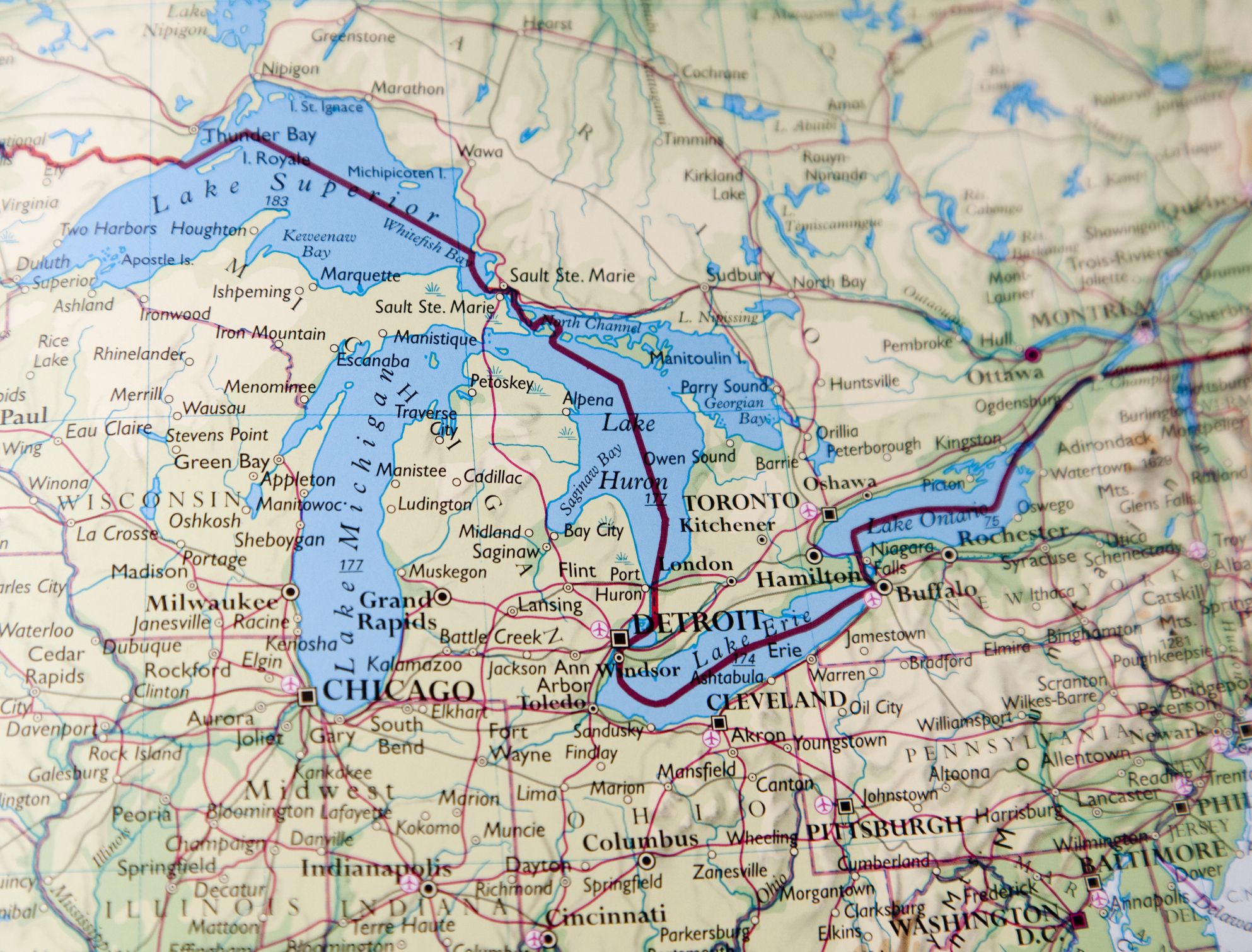Last week, the U.S.-based Midwest Environmental Advocates (MEA) filed a legal action under the Great Lakes Compact to challenge the Wisconsin Department of Natural Resources’ (DNR) approval of the City of Racine’s request to divert 7 million gallons per day (MGD) of Great Lakes water outside the Great Lakes Basin.
“This legal challenge is essential, as Wisconsin’s approval of the Lake Michigan water diversion requested by Racine tests the integrity of the Great Lakes Compact by ignoring a key requirement of the historic agreement entered into by the eight Great Lakes states and enacted into federal law,” said Midwest Environmental Advocates attorney, Jodi Habush Sinykin. “This mistake must be corrected to defend the Great Lakes Compact and to protect our magnificent Great Lakes in the near and distant future.”
The Great Lakes Compact’s 2008 enactment was an historic accomplishment and was celebrated as a means to safeguard the world class freshwater resources of our magnificent Great Lakes. A centerpiece of the Compact, then and now, is its Ban on Diversions, reflecting the region’s determination to prohibit the transfer of Great Lakes water outside the basin, unless a diversion request can meet narrowly defined exceptions outlined in the provisions and definitions of the Compact.
In 2016, the Great Lakes and St. Lawrence Cities Initiative spoke out against a proposed diversion to the City of Waukesha. At the time, then mayor of Racine, now president and CEO of the Cities Initiative, John Dickert said, “Approval of this application would open the door to every community in a straddling county throughout the eight Great Lakes states and the provinces of Ontario and Quebec in Canada.” An agreement surrounding this diversion was reached by the Cities Initiative and other stakeholders in August of last year.
As set forth in the legal petition filed Friday afternoon, MEA argues that Wisconsin DNR disregarded and unreasonably interpreted a core Compact requirement that all water transferred out of the Great Lakes Basin must be used for public water supply purposes, clearly defined as “serving a group of largely residential customers.”
As stated in MEA’s legal petition, the greatest majority of the 7 MGD of water requested for transfer out of basin will be used to supply Lake Michigan water to one single private industrial customer, Foxconn, in the amount of 5.8 MGD, with the remaining 1.2 MGD used to supply water to industrial and commercial facilities surrounding the Foxconn facilities.
Of significance, the petition states that Racine’s diversion application identified no amount of transferred water (0 gallons) that would be used to supply residential customers in the out-of-basin portion of Mt. Pleasant subject to the diversion request.
“The city of Racine acknowledges that the diversion is largely intended for a single foreign corporation. Within the Great Lakes Compact, eight Great Lakes states and the Canadian provinces of Ontario, and Quebec wisely require any diversion to be primarily for residential households. Wisconsin’s approval of this diversion, for the benefit of one private company, betrays both the spirit and the letter of an agreement that protects water for all of us,” said Raj Shukla, executive director of petitioner River Alliance of Wisconsin.
Experts from all over the Great Lakes region spent over 30 years working together to craft and ratify the Compact, a good-faith agreement that serves to protect the Great Lakes for future generations. MEA will hold a press conference today, Tuesday, May 29th, at 1:30 pm at the Jetty off of Discovery World, 500 N. Harbor Drive, Milwaukee, Wisconsin.









